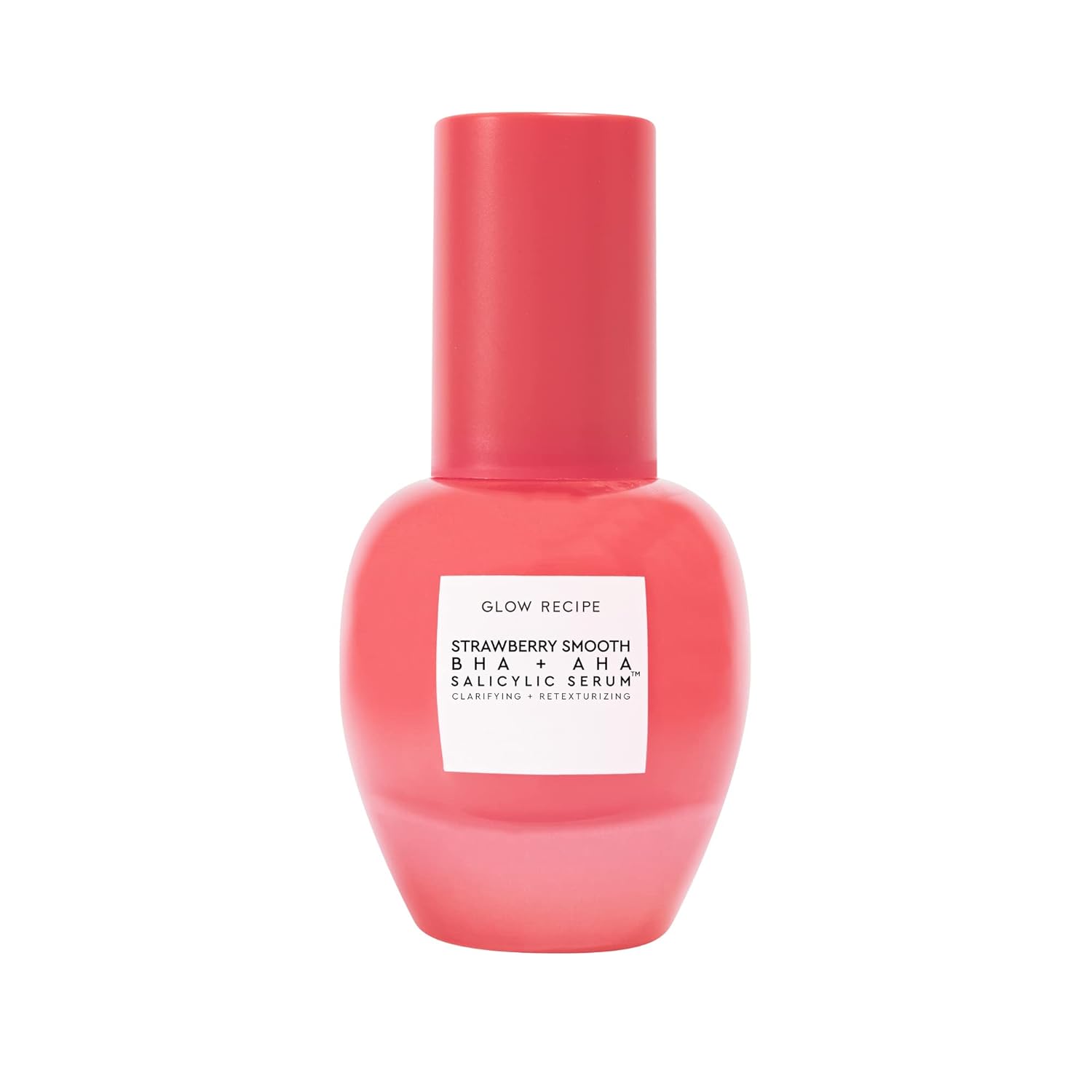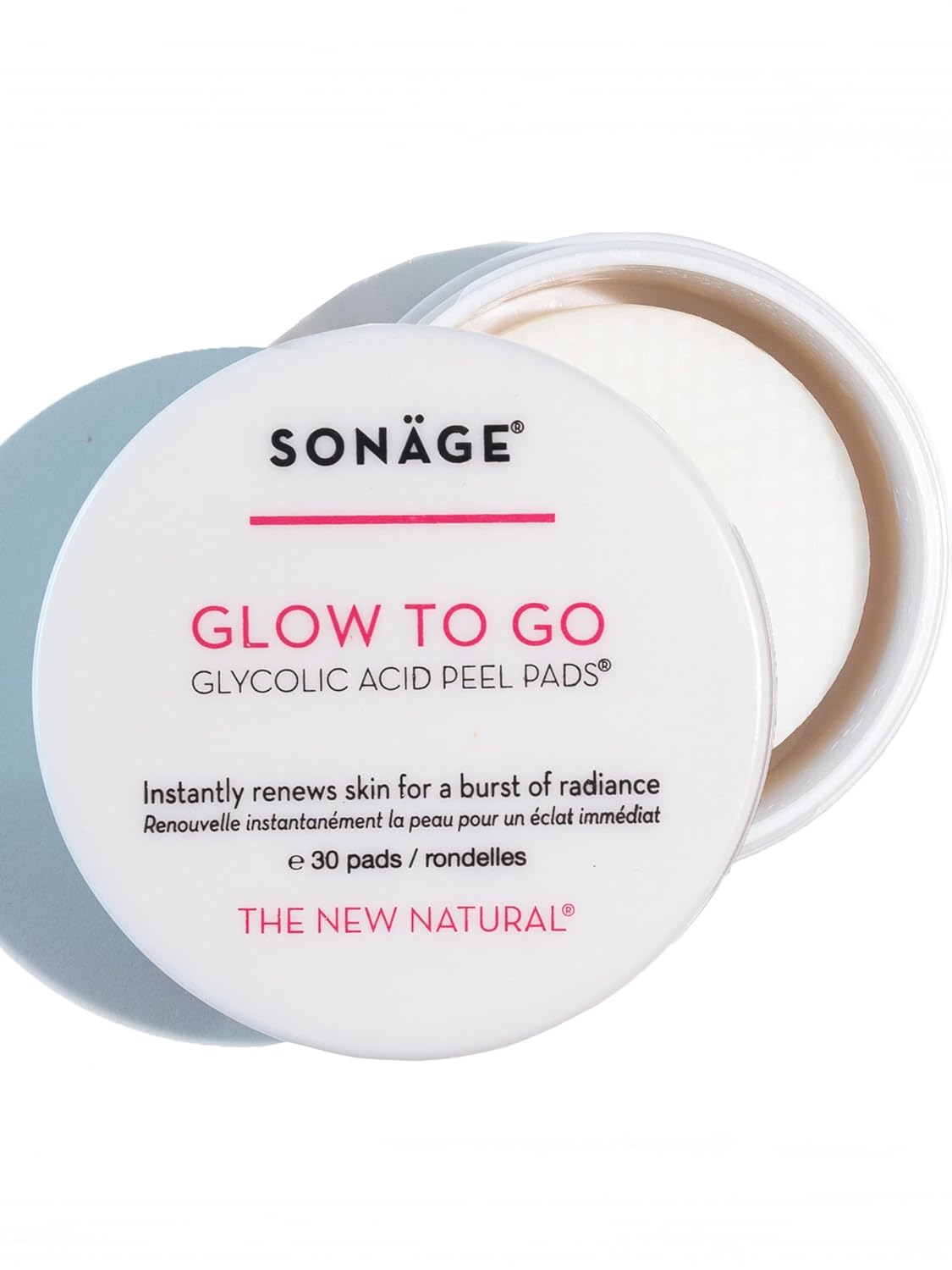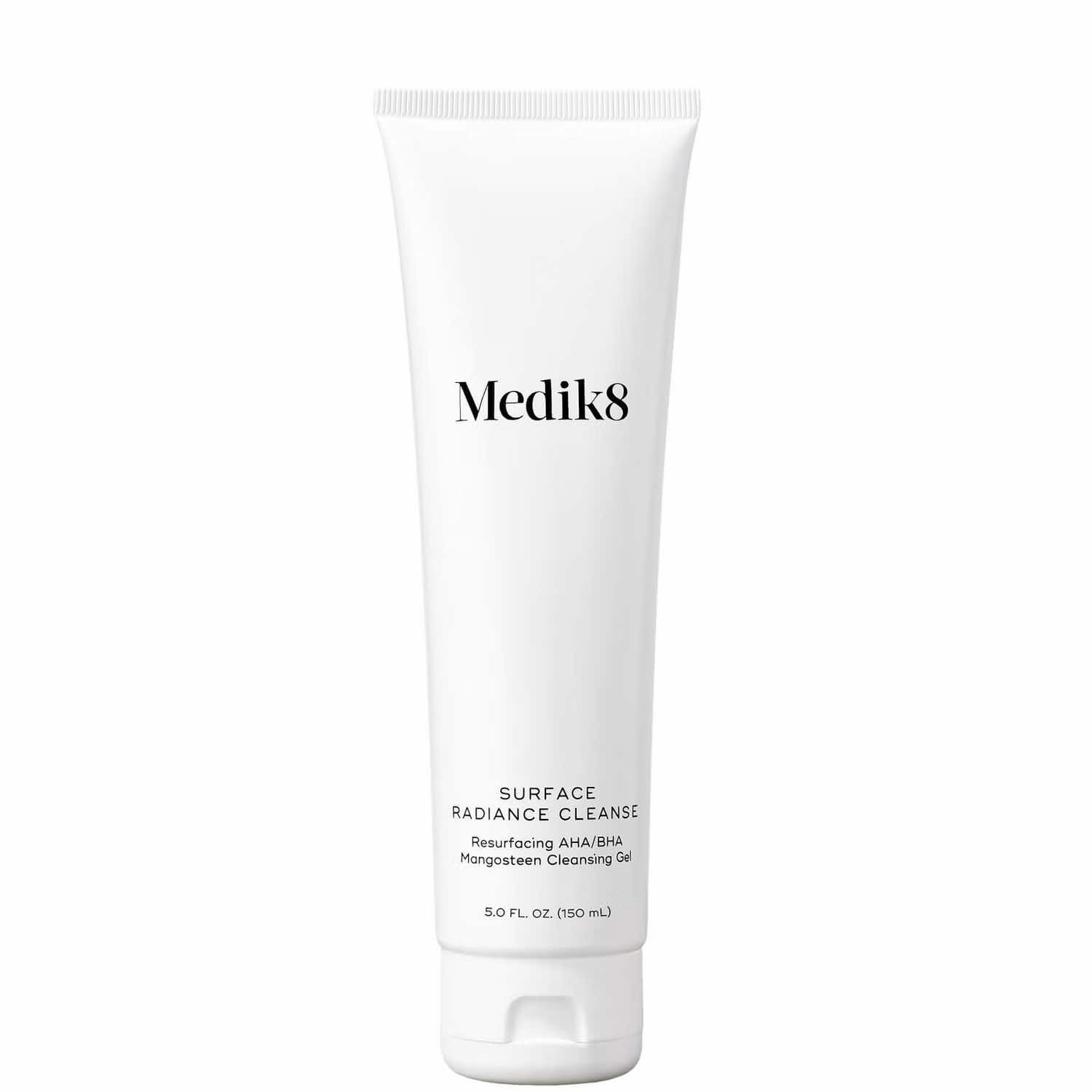







Everyone has their own skincare goals (I know I do). Achieving them requires a great, consistent skincare routine. While the beauty industry offers a wide range of products that cater to our skin’s needs– such as those that reduce dark spots and hyperpigmentation– it’s important to pay close attention to the ingredients. For instance, a product containing alpha hydroxy acid (AHA) is essential for achieving even and clear skin.
Below, we break down everything you need to know about the trending exfoliant.
What is alpha hydroxy acid?
If you’ve heard the name floating around or simply don’t know what it is, we have you covered. Dr. Nazanin Saedi, MD, Board certified dermatologist at Dermatology Associates of Plymouth Meeting tells ESSENCE that alpha hydroxy acid is “a form of organic acid that is used as a chemical exfoliant.” Alpha Hydroxy Acid is water soluble so it breaks up the dead skin cells on the skin surface by “loosening and removing the top layer of dead skin cells, revealing smoother, fresher skin underneath,” Dr. Anetta Reszko, M.D., Ph.D., Board Certified Dermatologist and Mohs Surgeon at Anetta Reszko Dermatology explains.
What are the benefits?
Alpha hydroxy acid infused-products can be helpful in stimulating collagen production, which provides the skin with protein to maintain its firmness and elasticity. Over time, this can lead to firmer, more youthful-looking skin. Additionally, for individuals with dark spots, acne scars, and hyperpigmentation, alpha hydroxy acid can help even out skin tone and texture.
What are the best practices?
According to Medical News Today, “Overuse is a potential risk when using AHA products. While most over the counter products containing AHAs are gentle, if a person uses them too frequently, it can cause damage to the skin barrier.” This damage can appear in the form of dryness, uneven skin tone, irritation, and more.
Healthline, via Cleveland Clinic, recommends to start using AHA every other day before bumping up to daily, just to make sure your skin doesn’t become too stressed. It’s always best to consult with your dermatologist first to figure if, or which, AHA is right for you.
Which AHA-filled products should I use?








